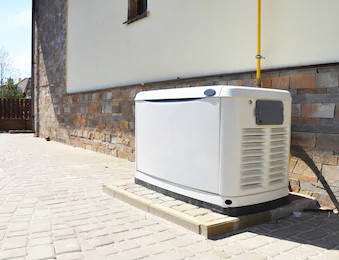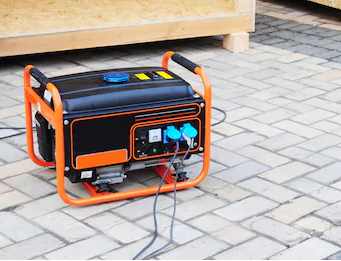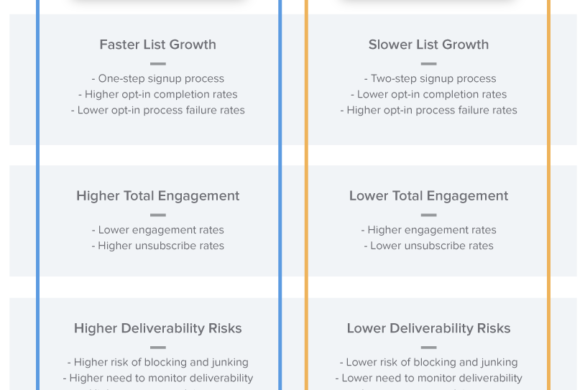
A lot of different responsibilities come with being a homeowner, and it isn’t quite as fun as you might think. If anything goes wrong, it’s up to you to fix it, and that means everything. One of the most annoying things to happen if you have your own house, though, is a power outage, especially if you are not prepared. You won’t have electricity to do anything basically, and blackouts can last for quite a while sometimes, too. This is why you should definitely get a generator for those emergencies. But even the generator will need maintenance and you have to carefully look after it if you want it to last you for some time.
These are some basic maintenance tips for your generator.
1. Get cover or enclosure
You can’t exactly just leave your generator lying there in the basement without any proper protection. This is why you should get a cover for portable generators, or enclosures if it’s a stand-by one. This is quite crucial because they could be easily damaged by wind, water, dirt, insects, or anything really that could get into the machine and damage the internal components. Keeping it protected at all times where it’s not being used ensures that it will survive for quite a while, and you won’t have to spend a lot of money on replacements.

1. Store oil and filters
You will find that most generators need an oil change after some hours of operation, which vary depending on the model and manufacturer’s instructions. And having oil inside for lubrication is essential for looking after your generator since running it without oil will wear the internal parts and cause friction. So, the last thing you need is not having oil to run your generator in the middle of a storm, because you will be forced to operate the machine without lubrication which will damage it. So, always stock up on oil and you’ll also need to get some factory filters because those need to be changed on a regular basis as well.
2. Operate your generator regularly
Like pretty much any machine out there, your generator needs to be operated, and you have to do it on a regular basis. You will find that most manufacturer’s instructions recommend operating the machine for half an hour or so regularly so it could stay in good condition. This will help you run it smoothly whenever needed and you won’t suffer from any complications due to long periods of inactivity.
3. Understand its limitations
Overstraining any machine can lead to wearing it out and significantly shortening its lifespan. This is why it is crucial that you understand your generator’s limitations and its maximum operational capacity. Always read the instructions before buying one so you could learn its full potential and whether or not it can meet your house’s requirements. You will find rated/continuous watts and that is the maximum power it could generate on a steady basis. The other reading you get is the maximum/starting power, but it only lasts for a few seconds. You need to understand the difference because buying a generator based on the latter spec won’t do you much good as it only lasts for a few seconds, and trying to get more out of it could damage the machine.
4. Get a warranty
In order to ensure that your generator will last you for a while, and they can, you should purchase a warranty, because generators aren’t exactly cheap and you need to be sure that they could be fixed if anything goes wrong. Carefully go through the details of the warranty to understand the range of the coverage, and more importantly, what you need to do to remain within it –– most policies will require that you operate it regularly and according to the manufacturer’s guidelines.
Other checks
There are several other checks that you need to do on a regular basis, like with the battery. Weak batteries can lead to several problems with the generator, so you constantly have to check they’re charged and in a good condition. Cleaning and checking on the cooling system are also quite important. One last angle you have to cover is the fuel you’re using. Stale fuel is probably the most common reason for generator problems, and you have to be sure your fuel hasn’t gone bad. It might seem like a lot of work, but it really isn’t. In any case, it is definitely worth the effort because you’d be able to enjoy electricity with power outages, which are quite frequent in winter months and can be really troublesome.








